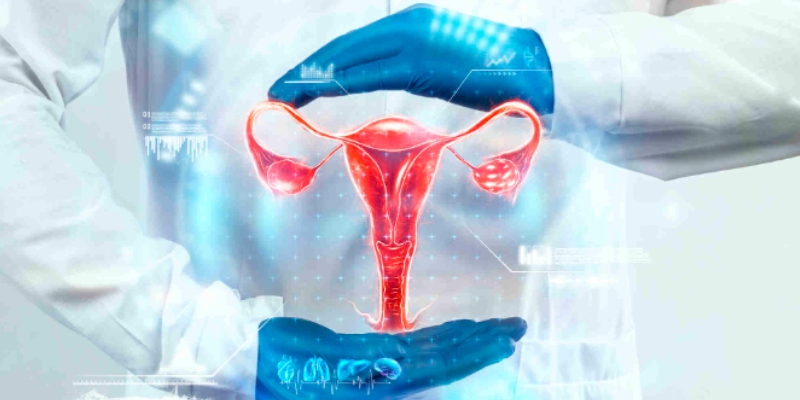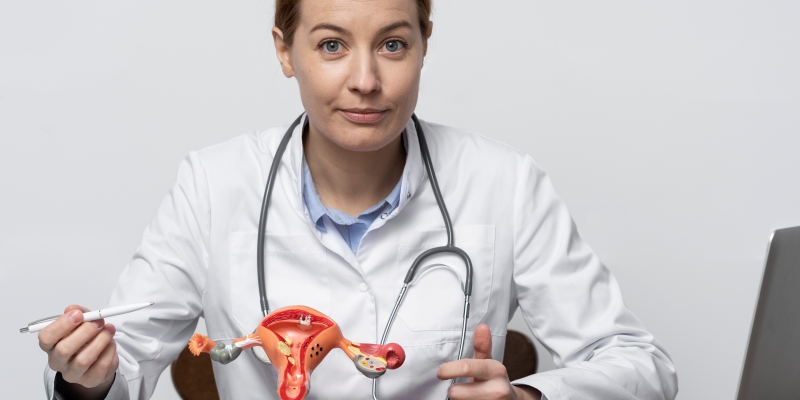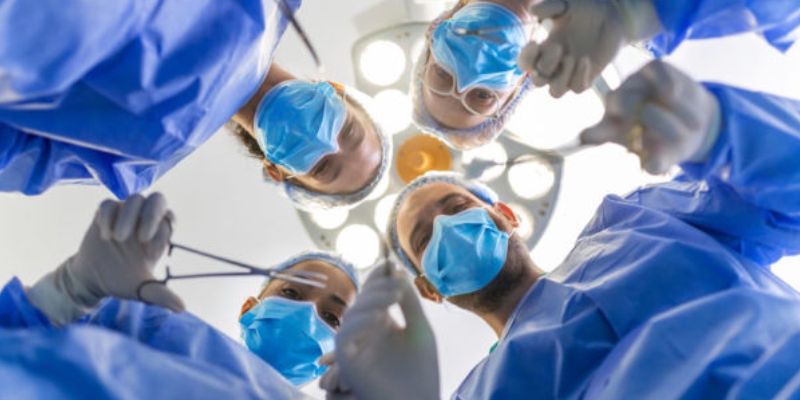Author –Dr Preety Aggarwal
MBBS, DGO, DNB,
Medical Director (Gurgaon)- Obstetrics and Gynaecology.
Dos and Don’ts Post Hysterectomy
Hysterectomy or removal of the uterus, whether laparoscopic or abdominal, is one of the common surgeries today. According to Dr Preety Aggarwal, MBBS, DGO, DNB, Medical Director (Gurgaon)- Obstetrics and Gynaecology, the surgery is performed to remove fibroids from the uterus or to get rid of uterus-related complications. Although the surgery is uncomplicated post-operative care is important for the complete recovery of the patient. The best gynaecologist in sector 55 recommends taking extreme care after the surgery.
Dos and Don’ts Post Hysterectomy
If you went through a hysterectomy or going under one, you need to know the post-operative for recovery. The gynaecologist in Gurgaon suggests the following tips after the surgery:
1. Care of the Stitches
Whether laparoscopic or abdominal, the stitches always need to be clean and dry. Wash the stitched-up area once the dressing has been removed, however, do take a bath daily and maintain good hygiene. Dry the stitched-up area as suggested by your gynaecologist in Gurgaon. Make sure that you also keep checking for any signs of infection including redness, wound discharge, or fever. Moreover, wear loose-fitting clothes to avoid irritation on the incision.
2. Eat Balanced Diet
Diet is an important factor after any major surgery as it replenishes the body with the required nutrients. Hence, make sure that you follow a balanced diet. Here are a few tips that can help you maintain your diet:
- Include all seasonal fruits in your diet: Each fruit has its unique nutritive value that helps in post-operative healing.
- Increase fibre and water content: Hysterectomy can cause constipation in some patients. To avoid constipation, include high-fibre foods including fruits and green leafy vegetables. You can also increase your water intake by drinking water every 2 hours. Do not, however, drink fruit juices and try to have fresh fruits as much as possible.
- Increase protein intake: Healing of tissues after surgery requires protein. To boost your healing process, you can include lean proteins in your diet including skinless chicken and reduced-fat dairy products such as plain yoghurt.
- Avoid saturated fats and include good fats in your diet including cashews, eggs, and so forth.
- Additionally, the best gynaecologist in sector 55 will also prescribe calcium and vitamin D supplements to protect yourself from fractures.
3. Lifestyle Changes
Apart from a balanced diet and medications, certain lifestyle changes can also add to your healing process. This includes:
- Adequate rest and sleep: Make sure to have at least eight hours of undisturbed sleep. Do not use a smartphone or watch TV while sleeping as it can disrupt your sleep cycle. Also, avoid having tea or coffee before sleeping.
- Meditation: You need to relax as much as possible to boost your healing process. Meditate every morning or practice yoga; whichever works for you. This can help you stay healthy and active.
- Avoid lifting heavy: Lifting heavy after the surgery can put extra pressure on your stitches and increase your chances of a hernia.
4. Exercise
It is important to note that women who are physically active before the surgery will have an easier recovery and will be able to return to routine sooner. Do not, however, start any physical activity immediately after the surgery. Usually, you may be able to resume around 4 weeks after a hysterectomy. Make sure to discuss this with your gynaecologist in Gurgaon to understand the extent of physical activity permitted.
Recovery after a hysterectomy can take time. The more you listen to your body after the surgery, the easier will be your recovery. Moreover, you can also consult Dr Preety Aggarwal at the Motherhood Hospitals for speedy recovery.


 Toll Free Number
Toll Free Number
















